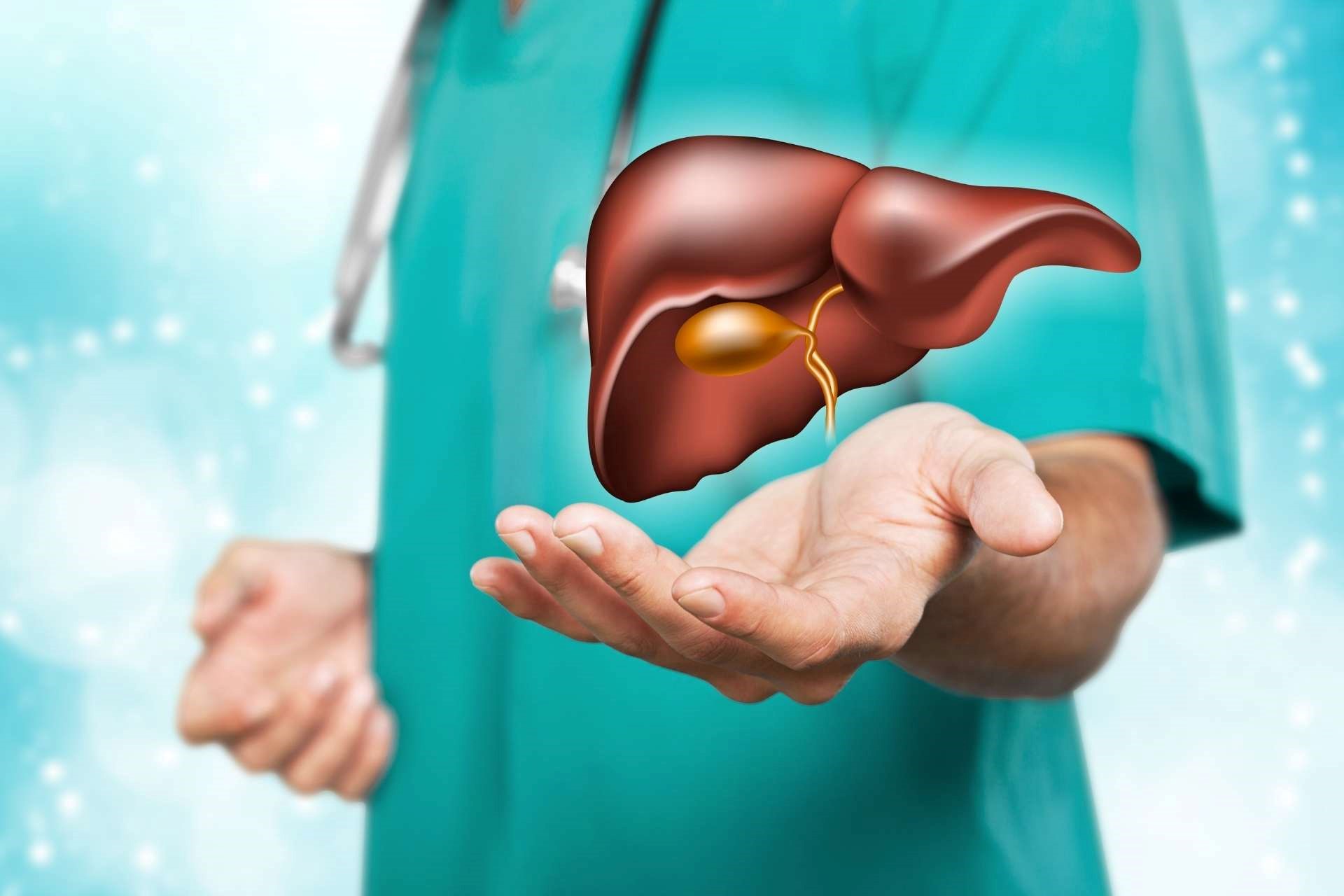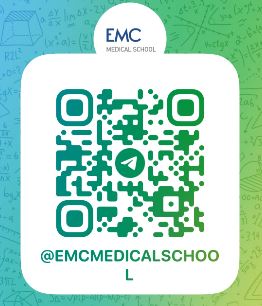Gynecology school
Gynecology School was established by EMC Medical School and GC «European Medical Center» (GEMC).
The main objectives of the Gynecology School are professional development of obstetricians and gynecologists, fertility specialists, gynecologic oncologists, urogynecologists, perinatologists and embryologists, as well as development of the medical care system in these areas.
These objectives will be achieved through educational and research activities, distant learning programs, distribution of professional medical information online.
In addition to basic concepts of modern obstetrics, gynecology and subspecialities, we have chosen the most controversial and important issues of our specialty, which will be analyzed by both Russian and foreign leaders of each direction. That’s why our course is unique professional education in gynecology and obstetrics. The course will not include narrowly focused reports that can be heard at other conferences: all lectures and seminars of the course are based only on scientific data and practical experience.
The main areas of study of the Gynecology School:
The Gynecology school has 3 big directions:
- Oncogynecology: modern approaches in oncogynecological surgery - from laparotomy to robot-assisted surgery. Modern chemotherapeutic protocols and targeted therapies in gynecological oncology. Basic principles of radiodiagnosis and radiotherapy in oncogynecology. Organ-preserving treatment for female oncology diseases. Palliative therapy for oncology diseases. Head of Oncogynecology Department – Nosov Vladimir, gynaecological oncologist-surgeon, PhD.
- Reproductology: most current evidence-based approach to diagnosis and treatment of various forms of infertility both in women and men. Genetic aspects and embryology. Fertility preservation for patients with cancer. Head of Reproduction Department – Voznesenskaya Julia, gynecologist-reproductologist.
- Embryology: ICSI, IMSI, PICSI, vitrification of oocytes and embryos, assisted hatching, biopsy of blastomeres, polar bodies, trofektodermies, FISH-diagnostics, quality control and organization of the embryology and andrological laboratory. Head of Embryology Department – Yutkin Evgeny, embryologist, PhD.
Also, course will cover the following areas of gynecology:
- Physiologic obstetrics, high-risk obstetrics, perinatology, fetal medicine, ultrasonic diagnosis across pregnancy, genetic diagnosis;
- Operative gynecology – from basic gynecologic surgery to high-tech minimally invasive surgery in the case of extensive forms of endometriosis, uterine myoma, and adnexal masses. Hysteroscopy, laparoscopy, robotic-assisted surgery. Surgical preparation for ART. Intrauterine surgery;
- Pelvic floor surgery and urogynecology: modern diagnosis of urinary incontinence (UI) in women, conservative and surgical treatment policies in UI and genital prolapse: vaginal approach, laparoscopy, and robotic surgery;
- Gynecologic endocrinology: diagnosis and treatment of various types of menstrual disorders, selection of contraceptive methods and hormonal replacement therapy, anti-aging concepts, diagnosis and treatment of endometrium hyperplastic processes;
- Office gynecology: modern evidence-based approaches to diagnosis and treatment of sexually transmitted diseases in women and dysplasia of the cervix.
Reproduction course
Nowadays assisted reproductive technologies (ART) take a position among other methods of infertility negotiation. More couples chose vitro fertilization after unsuccessful attempts of conception using conservative methods of treatment of infertility. It is important to develop standards of diagnosis and treatment of infertile couples.
The main goal of the three training modules of the course "Reproductology" is the analysis of all researches in three areas of reproduction:
- Surgical aspects of reproductive health (uterine fibroids, endometriosis, hyperplastic processes, onkofertility);
- Diagnosis of infertility, controlled ovulation induction protocols, PCOS, male infertility, special aspects of pregnancy after IVF, children after IVF;
- Embryological module (vitrification of oocytes, embryos, ovarian tissue).
Benefits of Gynecology School
Course materials include our own experience, the experience of foreign colleagues and the latest achievements of scientific and clinical community in the field of reproduction and embryology – all materials of high level of evidence.
Oncogynecology School is a unique project in Russia. Only at the European medical center treatment of young patients with oncology diseases is realized considering their reproductive functions. We preserve the fertility of these patients after treatment, and they continue an active and healthy life and have the opportunity to become parents. We are ready to share our knowledge and technology with colleagues.
Our training course will help to raise the level of medical practice to modern international standards of quality.
Formes of study at the Gynecology School:
- Master courses
- Seminars
- Interdisciplinary courses
- Distance learning programs, including online courses
- Visiting sessions
The target audience of the course is the obstetricians, gynecologists, mammologists and narrowly focused specialists: gynecologists-endocrinologists, fertility specialists embryologists, perinatologists, urogynecologists, gynaecological oncologist. The course will be extremely useful for medical residents and postgraduate students in obstetrics and gynecology, as well as related specialists.
Previous events
- 30 May 2015 Gynecology
- 10 April 2015 to 11 April 2015 Gynecology
- Feb Gynecology
- Jan Gynecology
- Dec Gynecology
- Nov Gynecology
- Oct Gynecology
- Sep Gynecology
- Jun Gynecology
- May Gynecology
- 17 April 2014 to 18 April 2014 Gynecology








